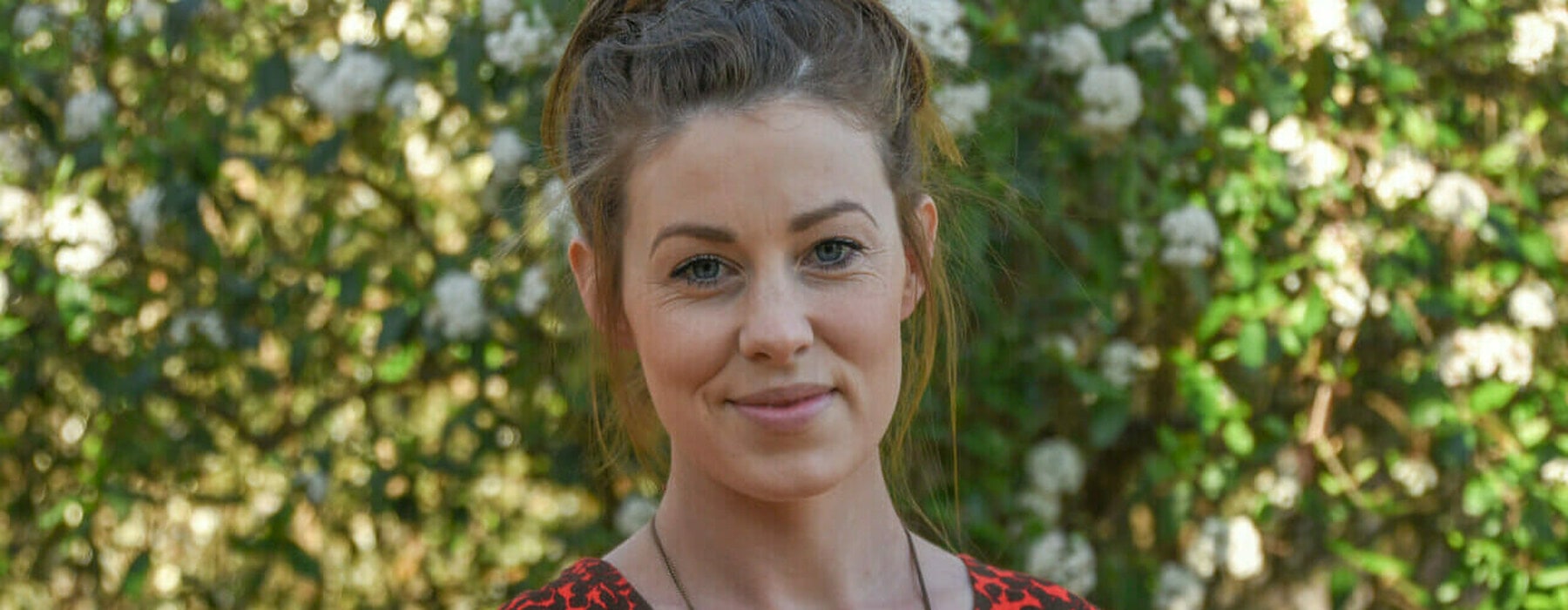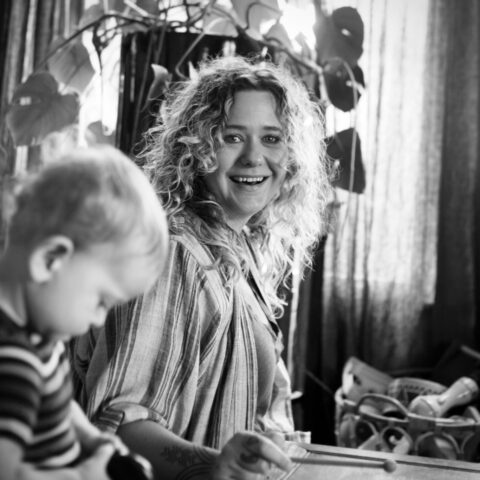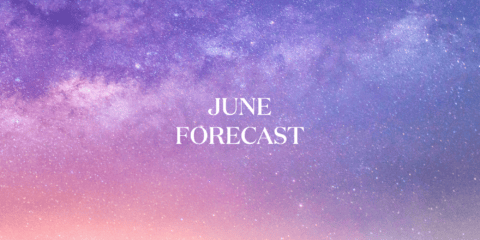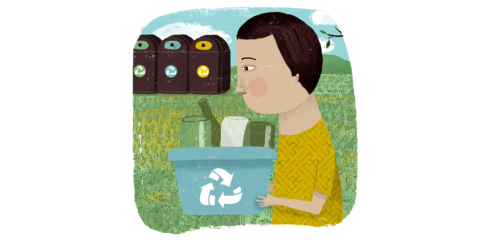The way you think has an influence over how you feel, behave and respond. Thoughts flood through our minds rapidly and constantly and so it is easy to get swept away by some “sticky thoughts” that are unhelpful.
It would be helpful to have a tap where you could switch off those thoughts that trip you up and that make you feel anxious, nervous, stressed or depressed, or lead you to self-sabotaging behaviour.
That switch does not exist unfortunately. The human mind is always wandering. We are all prone to “unhelpful thinking” like jumping to conclusions, catastrophizing, and all-or-nothing thinking.
We cannot stop these kinds of thoughts. But we can learn to tame them. So when unhelpful thoughts grip your mind in a tug of war, you can use tools to choose to think differently and move onto living your life more calmly and joyfully.
You need to start first with awareness. Next comes acknowledgement. Then you can see your truth and see yourself differently to work on yourself and further become your best self. Some ways to do this include catching thoughts early i.e. asking yourself “is this thought a fact or opinion?” and then pausing to create space to see thoughts differently so you “do not spiral into them”.
So says Rebekah Ballagh, author of Be Your Best Self: Ten Life Changing Ideas to Reach Your Full Potential. She is also the best selling author of Note to Self, Note to Self Journal, Words of Comfort and Big Feelings.
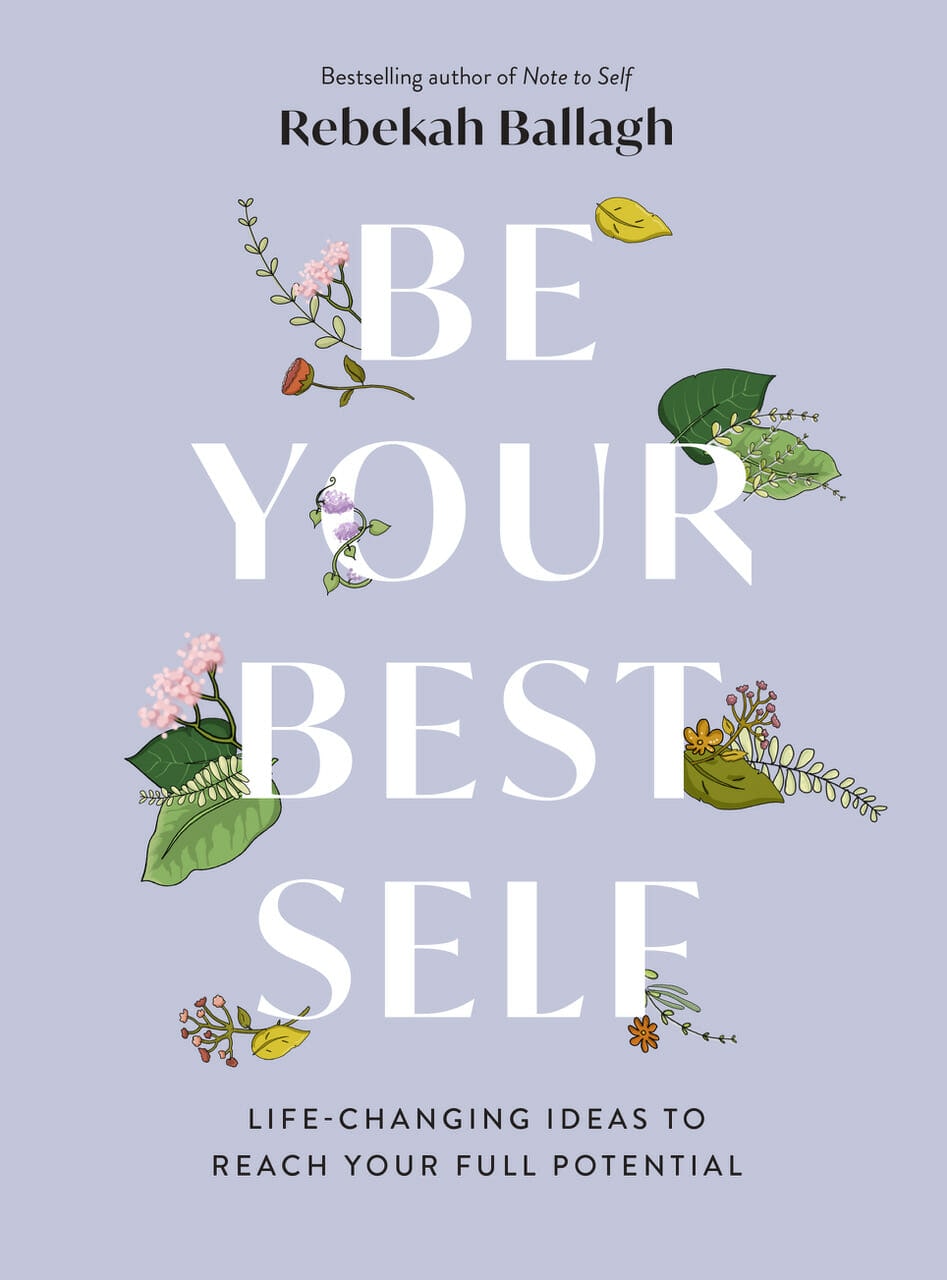
The Nelson counsellor, self-development coach, mindfulness teacher, and mum (to her gorgeous three-year-old daughter Mikah) hopes her new book will make you feel like you are not alone. Catching unhelpful thought patterns, when they arise, will allow for more self compassion and growth.
She shares life changing ideas in her book to help you reach your potential. Chapters include understanding your emotions, your inner critic and your inner worth, to how to tame worry, anxiety, perfectionism, control, to understanding your core beliefs, and more.

The book boasts a “smorgasbord” of wellness tool offerings that can help you to be your best self. You choose what you want to work on.
The book is a colourful, education-rich guide on what to do to get your mind in a healthier and happier place and out of patterns like self-sabotage or not feeling good enough.
What sets this book apart from other wellness books is that it is rich in so many learnings on issues that impact so many women. Anxiety, and depression rates in New Zealand continue to snowball in a world impacted by Covid, high inflation, natural disasters and other trauma. Many women also struggle with issues like self worth, self love and self sabotage as they are known to nurture loved ones first.
Concepts in the book are made simple to understand. It also offers the all important next steps on how to move forwards and work constructively on your own wellbeing and healing. The tips are in abundance and easy to do. If you follow Ballagh’s words of wisdom, then you could save thousands on your own counselling sessions.
Ballagh says the ideas in the book emerged after identifying trends with clients.
Women from all over the world, from Poland to New Plymouth, are flocking to her counselling sessions online from her Nelson office.
The traditional counselling one-on-one model has been flipped. Up to 200 people can cram into one of her courses at a time online and 350,000 people follow her free tips on social media. A popular session she ran recently was on “how to release fight energy” – or in plain speak “how to release anger”. She says if women hold onto anger and do not learn how to release it then “it can get stuck in the body”.
It can manifest as things like bloating, headaches, or changing your breathing pattern, or result in something like debilitating stress, or other more serious health issues.
You have to learn how to complete the stress cycle to find calm. Using your body, not just your brain, can help too. Ballagh will sometimes get her clients to do things like movement, or hitting a cushion or doing isometric muscle exercises to release tension.
You can also tell this book is a heart-connected offering of help from Ballagh. She is vulnerable and shares her own journey, noting in the book that she has had a history of anxiety, panic attacks, depression and struggles with self-worth and living with a harsh inner critic.
I ask her to elaborate on this while on our zoom call from my Auckland office to her Nelson home office, while Mikah bounces in and out of the screen while watching a favourite TV show. She laughs about her daughter doing “a sneak and peek” into our interview.
In the next breath, while juggling being a busy mum, Ballagh shares some of her journey.
“I’ve had anxiety most of my life… I just didn’t know what it was when I was younger. I was 25 when I started having panic attacks too while I was waiting for a health diagnosis (of a brain tumour that thankfully ended up benign).”
She is passionate about sharing her own struggles because she has proudly learnt how to manage these and can now go on TV live or speak at conferences without feeling panic.
“It’s a testimony that what I teach actually works”.
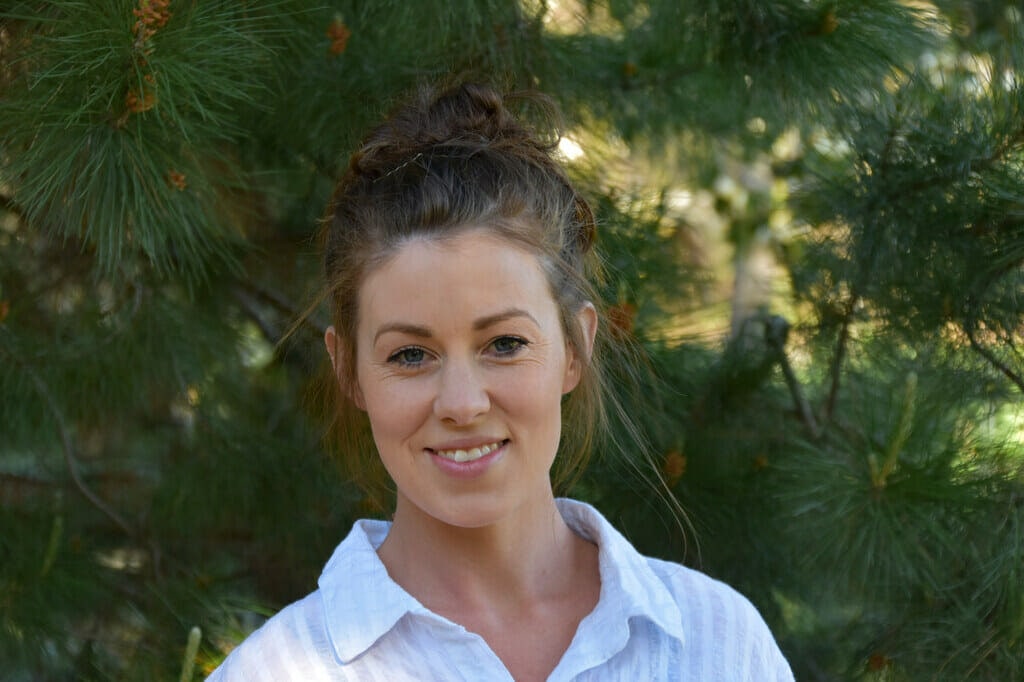
Ways to Restore Your Calm.
- Cross your arms over your chest. Place your hands on your shoulders and alternately tap your hands in a slow, calming rhythm while breathing deeply into your belly.
- Try humming, chanting, or singing.
- Plunge your face into a bowl of cold water for up to 60 seconds. This stimulates something called a dive reflex which instantly slows down your heart rate to conserve oxygen. This can relieve anxiety, stress or panic and elevate your mood.
- Meditate or practice yoga. These practices can calm your nervous system using breath work.
- Practice mindfulness. Notice emotions, thoughts, and physical sensations without judgement. Accept and allow. Name and acknowledge thoughts with curiosity.
- Have a cold shower. This experience helps us to adapt to harsher conditions – which can help with your resilience to stress.
- Gargle water loudly. The sensation activates the vagus nerve in your neck.
- Practice belly breathing. When you are stressed, you can breathe faster and higher up in the chest. When you over breathe you throw the balance of carbon dioxide and oxygen in your system, and this causes symptoms from anxiety to insomnia, headaches and fatigue to light headedness and the inability to think clearly. So, try slowing your breathing down.

